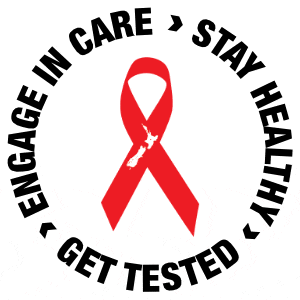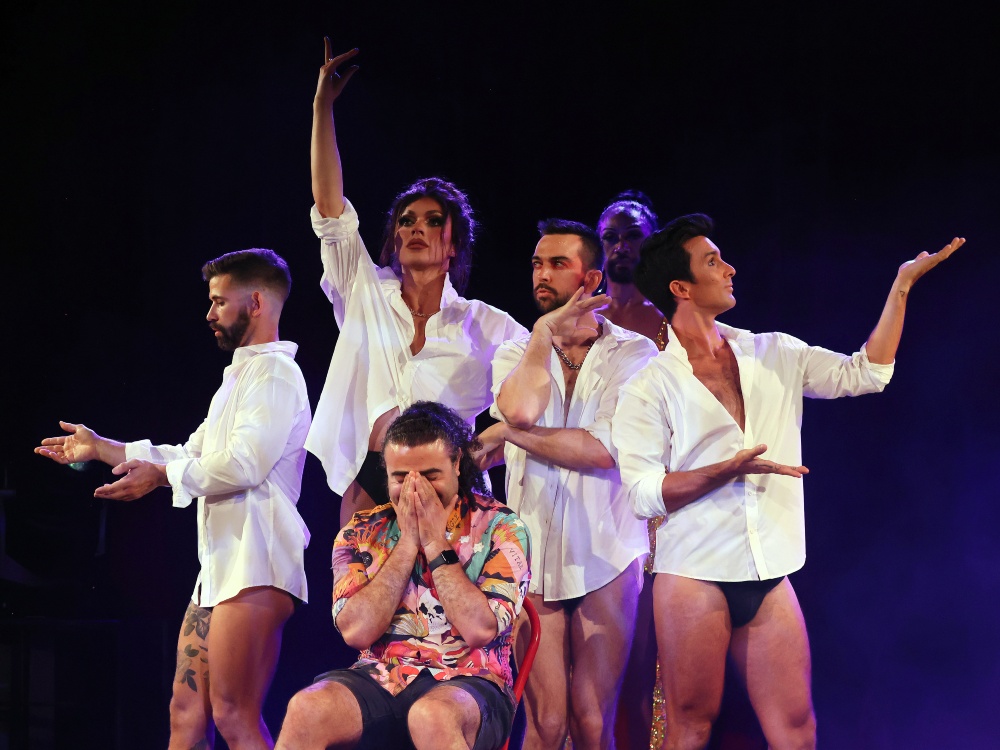Nancy Pelosi, the trailblazing former Speaker of the U.S. House of Representatives and one of the Democratic Party’s most vocal allies to the LGBTQ+ community, has officially announced she will retire from Congress at the end of her current term in January 2027.
The news was confirmed in a video message shared on Thursday (6 November), in which Pelosi addressed her home city of San Francisco with a heartfelt farewell.
“As we go forward, my message to the city I love is this: San Francisco, know your power,” she said.
“We have made history, we have made progress. We have always led the way, and now we must continue to do so by remaining full participants in our democracy, and fighting for the American ideals we hold dear.”
Pelosi, now 85, made history as the first female Speaker of the House, holding the position from 2007 to 2011, and again from 2019 to 2023, with a total of two decades leading House Democrats from 2003 to 2023.
A Legacy of LGBTQ+ Advocacy
Pelosi’s departure marks the end of an era—not just for Democratic leadership, but for a fierce and consistent advocate of LGBTQ+ rights.
In August 2025, she made headlines after visiting a San Francisco medical centre, where she reiterated her commitment to restoring gender-affirming healthcare for transgender youth. As multiple U.S. states enacted bans and restrictions, Pelosi stated:
“That is something I’m working for at the national level, and we are hoping we can have gender-affirming care for our trans kids,” she told reporters.
“It’s really sad,” she added, noting that she flies the transgender pride flag outside her congressional office.
Pelosi’s allyship goes back decades. In a 2023 interview with The Advocate, she did not hold back in criticising Republicans for their wave of anti-LGBTQ+ legislation.
“They’re losers,” she said bluntly.
“They’re losing on guns: we still don’t have the legislation we want, but the public is not really with them with all these mass shootings going on.”
From HIV/AIDS to Pride Parades
Pelosi has been a visible supporter of queer communities since the height of the HIV/AIDS epidemic, a time when such public alignment was politically risky.
“I lost some friends over it,” she said.
“People would say: ‘I’m not coming to your house if you’re having gay people help with your cooking or anything’.”
In the early days of her political career, Pelosi took part in San Francisco’s Pride parade, a gesture that earned her national praise and recognition.
“My first Pride parade as a member of congress, we walked,” she recalled.
“This was well over 35 years ago and not many members of congress were in gay parades at that time. I got calls from all over, with people saying: ‘You stood with us’.”
She added:
“It meant so much for people beyond San Francisco and the joy that I had marching with my constituents and taking pride.”
As Pelosi prepares to step away from public office, many in the LGBTQ+ community are recognising her as one of the most reliable political allies they’ve had in Washington.

































